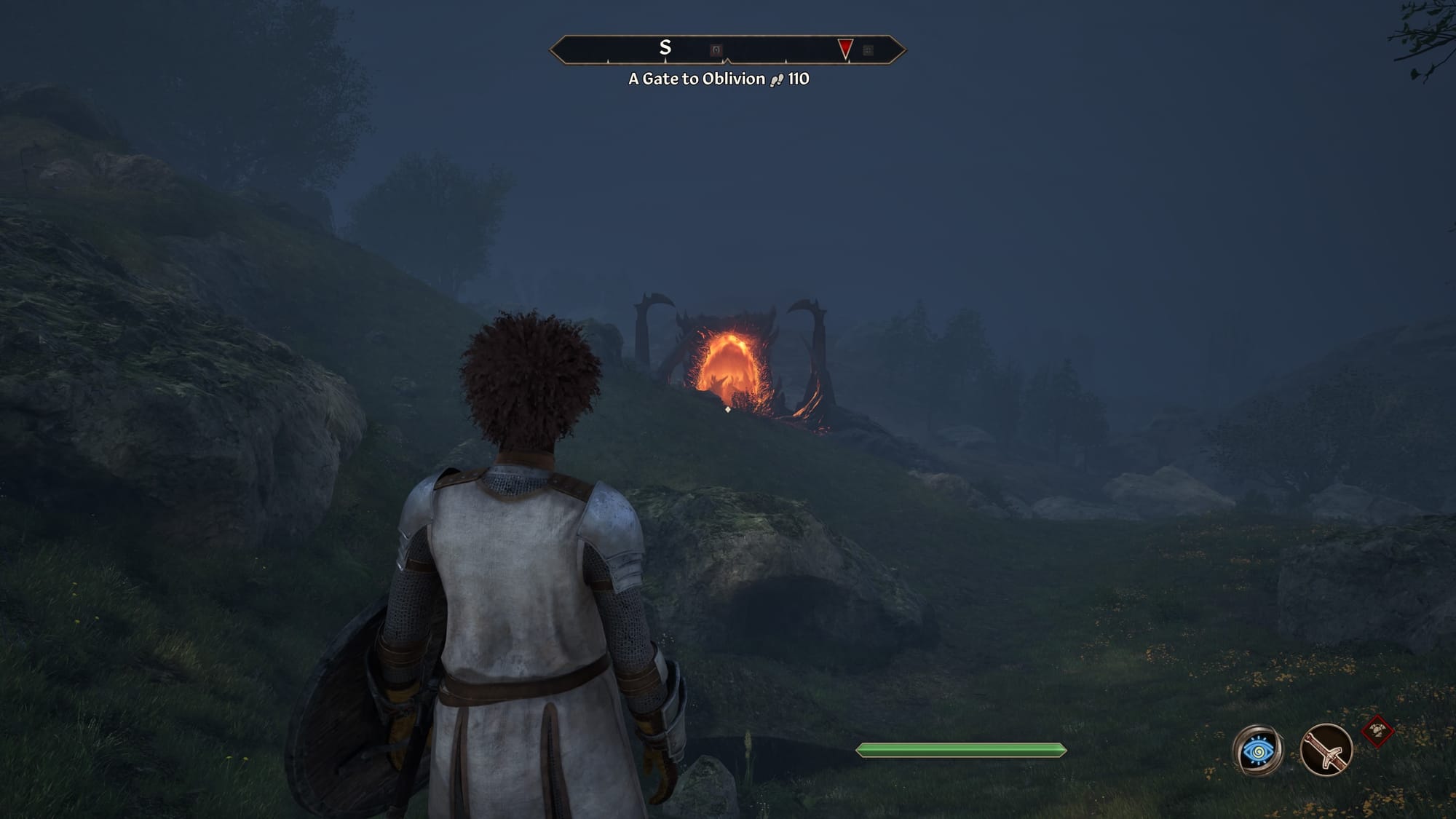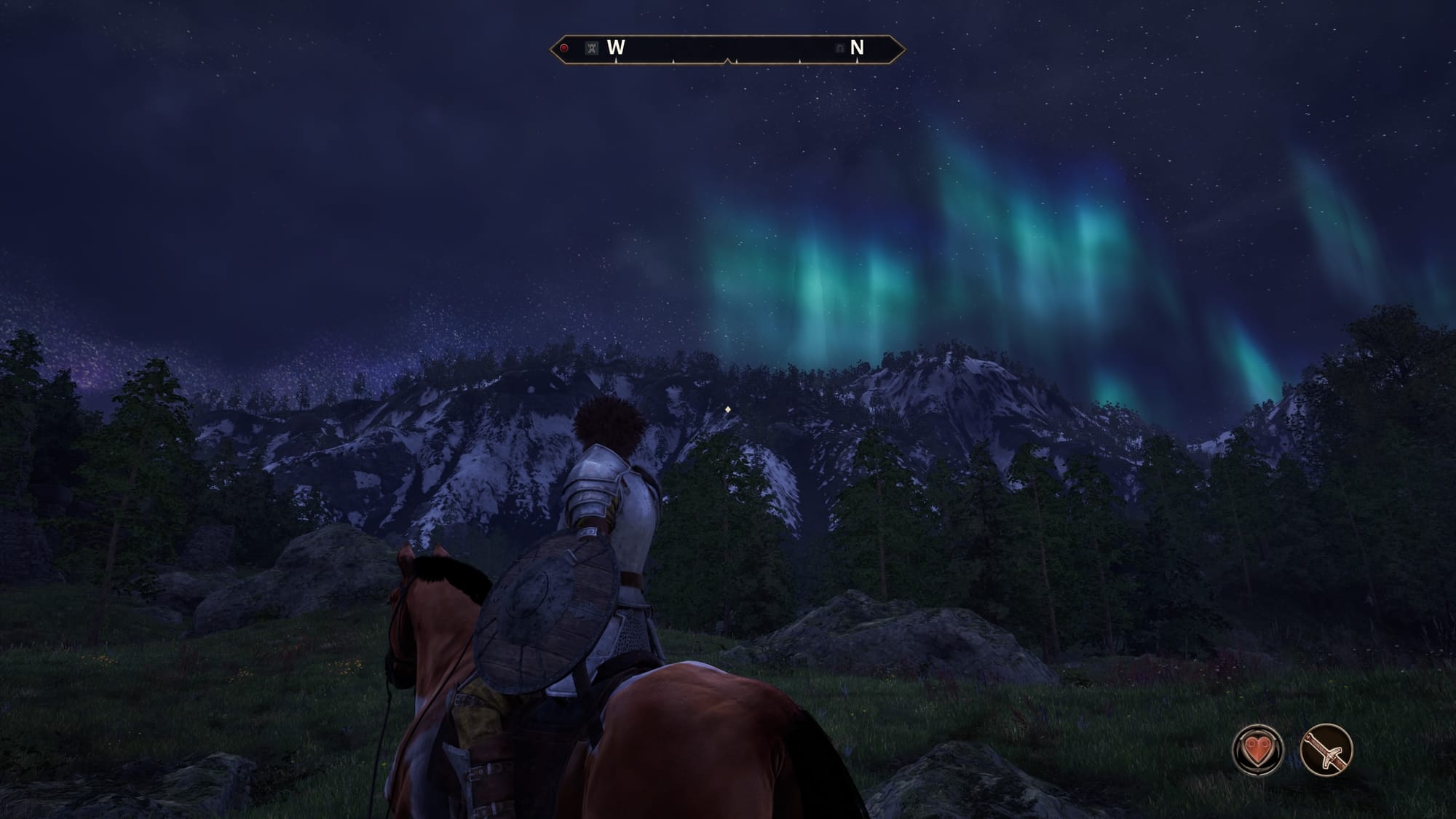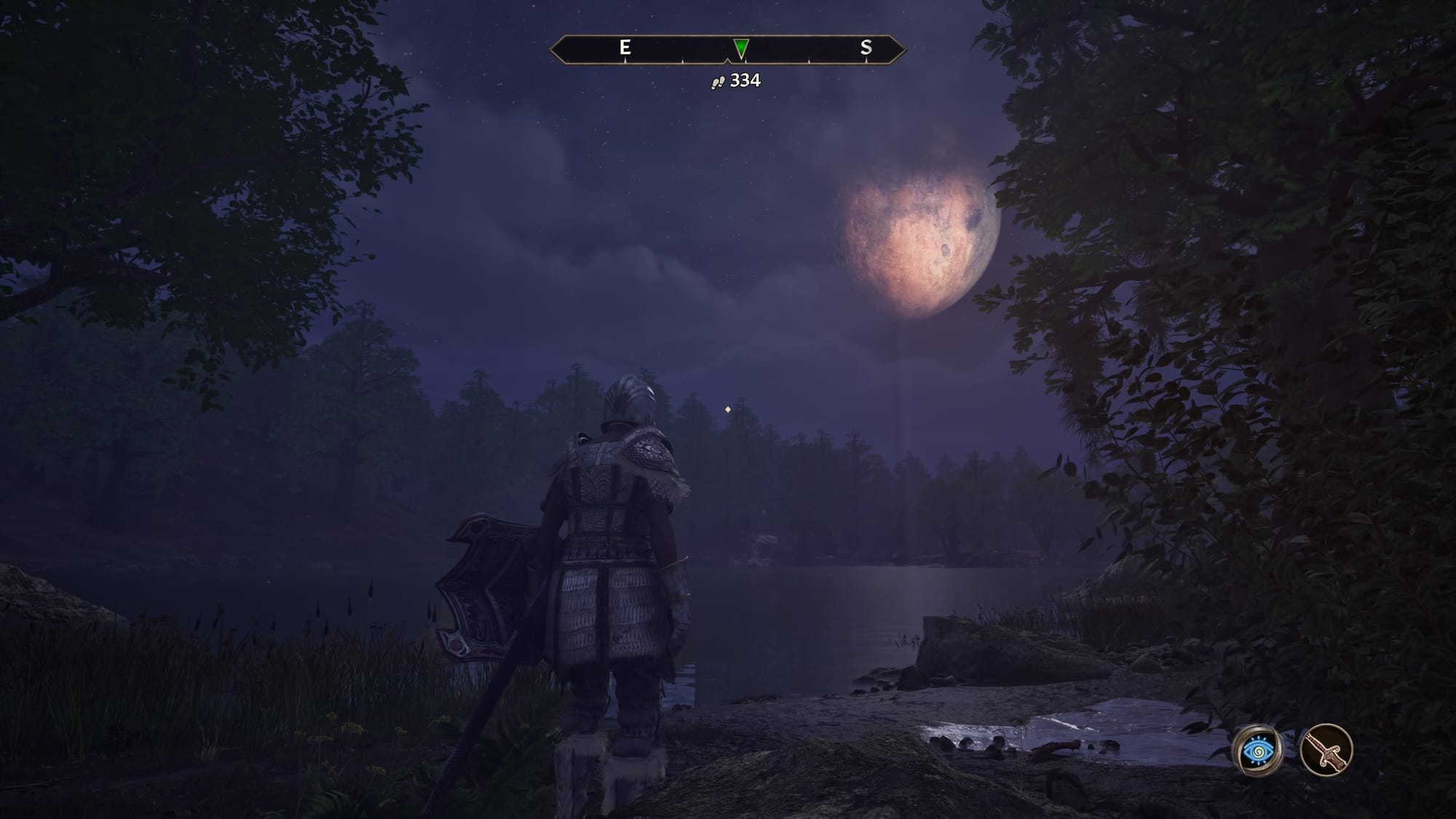The Elder Scrolls IV: Oblivion Remastered [Review]
The one with the funny faces and dialogues
![The Elder Scrolls IV: Oblivion Remastered [Review]](/content/images/size/w1200/2025/07/IMG_5911.jpeg)
I've never been much of a Bethesda games enjoyer. While some of their games could hold me until the end, it is often too janky, too simplistic and too procedural for me to really like it. Still, I've decided to give Oblivion Remastered a shot on the release day and, honestly, I was pleasantly surprised.
This was the first Elder Scrolls game I've actually finished, and Todd Howard's one I had less knowledge about. So it was shocking to be facing probably one of the quirkiest RPGs I've ever played, a game that focus on cities and NPCs interactions that results in a somewhat folkloric experience, which the cities and their peoples aren't different solely because of their geographic location, but by more humane things – rumors can shape the nightlife of a town while riches could elevate some neighborhood in others, creating strong class divide and disparity in the process. Each of the many cities of the game is pretty unique, with fun townsfolk and stories to partake in.
Definitely what made all of this social aspect of the game special to me was that it doesn't take itself too seriously. Be it because of lofty goals by the development team or intended level design; nothing is that serious. Sometimes, it even parodies the fantasy genre and the game itself to keep everything somewhat lighthearted. A good example of this, for me, playing in the late game, deep in Hell, lost and without guidance, then, a tortured man; simply a slave for the devil itself, a random NPC sent to hell, literally a nobody, looked at me – a free man, roaming this desolate place looking for a solution – and said: “look at the muscles on you!”, joyfully, as lots of other people have said to me before, for I was a buffed immense strong Redguard with lots of stats at 100.

Maybe an oversight on the simplistic reactive 'intelligence' of the non-playable characters, that are to react to the player before the environment. Possibly a game design decision that tries to make the world of Oblivion lighthearted even in the depths of Hell. Either way, it is on this kind of charm, and frankly not on its systems, that Oblivion thrives. A refreshing take on the Action RPG where everything is as important as the main quest, and thus, as memorable, even if too videogamey: there's no real choice to be made, you can be a Warrior and still lead the Mages Guild, and everything is very player centric, so it seems that the world starts when you play and stops when you stop, unfortunately. Almost as if the world existed before and all of these NPCs knew each other, but when the player starts the game, their autonomy is ripped from them and delivered to the player, who can interact with the world or ignore it, leaving some stories and characters trapped in a digital, unlimited and eternal slumber.
Oblivion Remastered is, as marketing says, a remaster: prettier, but basically the same. I don't know if it was the case for me: being able to sprint alone makes this game mechanically and substantially different from what it was, I'd never have played this game without it. Actually, Oblivion modernizes many of its systems, making it not that different from other Bethesda games. Knowing that, I can't really conclude if it feels modern or not, as I've never played a game from them that really felt new, but now I can see that it was always like this: tons of loading screens, even inside the same building, terrible procedural challenges, really horrible “go find the button” puzzle solving, too much walking to a red arrow and many, many exploitable systems. This is the same description that I'd give for Starfield gameplay loop. So Oblivion Remastered doesn't feel like a 2006 game like the original. It feels like a 2010 Action RPG.

The battle system is decent, but clunky and a bit on the easier side. The level scaling is decent, or at least it was for me as a simple warrior with a long sword and a shield, and the systems that I've unlocked through the game were fulfilling, even if a bit badly implemented. There's also too much repetition in the game, be it on the samey but handmade dungeons throughout Cyrodiil or the generated mess that are the Oblivion Gates. Cyrodiil is also plagued by having too many similar enemies and not that many challenges on the open world, in which serves as a bland but pretty overworld. Fortunately, the Shivering Isles, a different map that you can access at any point of the game, have more diverse enemies and environments that can be a refresher to the samey look of the world.
It is such a player centric game and narrative that even immense names like Lynda Carter, Patrick Stewart and Sean Bean, all who voice characters in the game, are difficult to relate and really feel for it. The main story is too simple, relying heavily on mcguffins and “you are special! Please do this fetch quest that only you can do”. Fortunately, it provides fun set pieces and it has the most spectacle in it. The factions questlines are where the game shines, when done alongside the common city quests, the game finally clicks.

Quirky, unique and special interactions in an interesting world that doesn't take itself too seriously with big set pieces, fun albeit unimportant stories, special little moments and memorable day to day stuff. Oblivion Remastered was a fun experience, even if not that well-thought-out all the times, while still always being really memorable. Also, it is super easy to get the platinum for it!
8/10
This review was first posted on backloggd on the 23rd of April 2025. I've played on a PlayStation 5 Pro on release, and it took about 80 hours to do it all. The screenshots on this review are from my playthrough (and they kinda suck, but that's ok). There are some corrections on the text too.
In retrospect, this game was a massive success, commercially. The layoffs that came after it in both Microsoft and now at Virtuous are only short term profit increases for shareholders, nothing else. Also, it is relevant (even if hypocritical, of my part) to highlight the BDS movement call for boycotting Microsoft services and Gaming Products due to their complicity in the genocide in Gaza. You can learn more about it here, but, to quote the article:
“Microsoft provides the Israeli military with Azure cloud and AI services that are crucial in empowering and accelerating Israel’s genocidal war on 2.3 million Palestinians in the illegally occupied Gaza Strip”